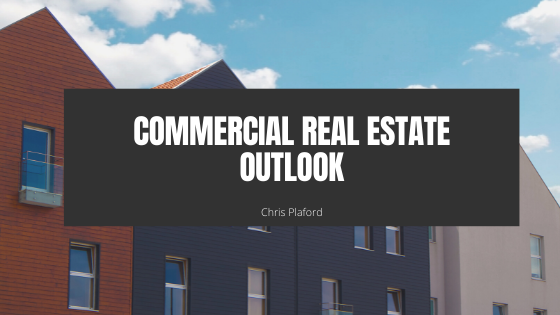Commercial real estate can provide consistent returns, growth potential, and passive income, appealing to many investors. The global pandemic has made it hard for investors to predict trends in real estate. The covid-19 pandemic has influenced nearly every aspect of life, including real estate operations. Commercial real estate is gradually recovering from Covid-19 impacts. Here are trends likely to dominate and impact the commercial real estate outlook in 2021 and beyond.
Change in Trends of Operation
Unlike office and hotel prices that are likely to decrease, industrial buildings, data centers, and single-family homes are expected to increase in value. However, transaction volume in real estate might be lower hence higher prices resulting from increased investor competition. Areas that may transact at a slower pace include office spaces because most people have adapted to working from home. There are mixed opinions regarding how the pandemic may have changed the landscape for office space permanently.
Low-Interest Rates Throughout 2021
The commercial real estate sector should maintain a low cost of debt for the foreseeable future.The Federal Reserve is likely to maintain accommodative monetary policies for a while longer. Thus, short-term interest rates are likely to remain low for the remaining part of 2021.
Drastic Changes in the Suburbs
Suburban areas are growing, especially due to covid-19 trends. Unlike the previous years, millennials are exiting urban areas. Some of them are settling into families, and others are having children, thus finding their current downtown apartments too small. The pandemic has left many working from home, requiring numerous families to look for a more affordable, spacious, and better home. Also, suburban areas are likely to grow due to better access to community facilities and natural resources.
Increased Affordable Housing Challenges
Affordable housing has been a great challenge to millions of Americans. However, the effects of the covid-19 pandemic have left many in this demographic jobless, leading to homelessness. There is a likelihood of increased delinquency among Class C apartments. This is because many class C tenants have been disproportionately affected. After all, a higher percentage work in restaurants and other areas of the hospitality industry.
